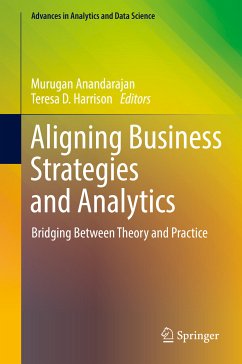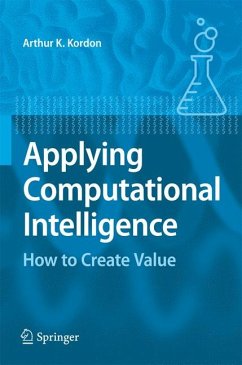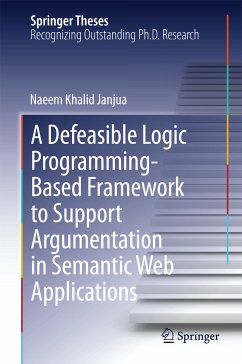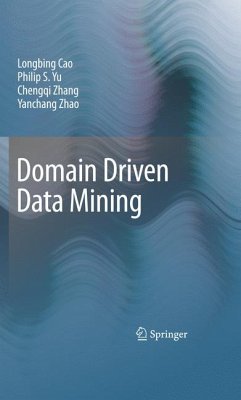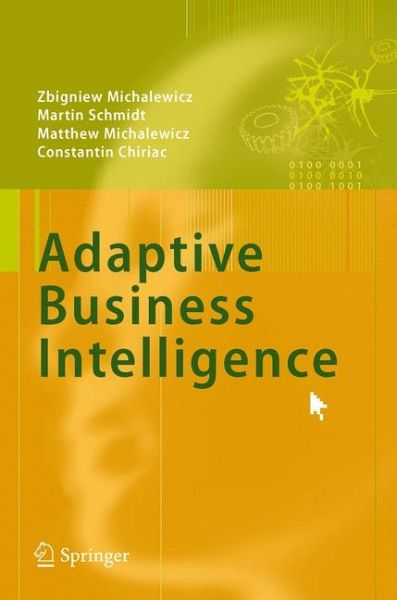
Adaptive Business Intelligence (eBook, PDF)
Versandkostenfrei!
Sofort per Download lieferbar
38,95 €
inkl. MwSt.
Weitere Ausgaben:

PAYBACK Punkte
19 °P sammeln!
Adaptive business intelligence systems combine prediction and optimization techniques to assist decision makers in complex, rapidly changing environments. These systems address the fundamental questions: What is likely to happen in the future? What is the best course of action? Adaptive Business Intelligence includes elements of data mining, predictive modeling, forecasting, optimization, and adaptability. This book explains the science and application of numerous prediction and optimization techniques, as well as how these concepts can be used to develop adaptive systems. The techniques cover...
Adaptive business intelligence systems combine prediction and optimization techniques to assist decision makers in complex, rapidly changing environments. These systems address the fundamental questions: What is likely to happen in the future? What is the best course of action? Adaptive Business Intelligence includes elements of data mining, predictive modeling, forecasting, optimization, and adaptability. This book explains the science and application of numerous prediction and optimization techniques, as well as how these concepts can be used to develop adaptive systems. The techniques covered include linear regression, time-series forecasting, decision trees and tables, artificial neural networks, genetic programming, fuzzy systems, genetic algorithms, simulated annealing, tabu search, ant systems, and agent-based modeling. This book is ideal for business and IT managers, for nonspecialists who wish to understand the science behind better predictions and decisions, and for students and researchers who desire a quick introduction to this field.
Dieser Download kann aus rechtlichen Gründen nur mit Rechnungsadresse in A, B, BG, CY, CZ, D, DK, EW, E, FIN, F, GR, HR, H, IRL, I, LT, L, LR, M, NL, PL, P, R, S, SLO, SK ausgeliefert werden.





